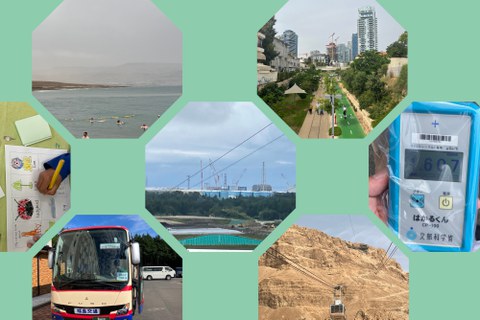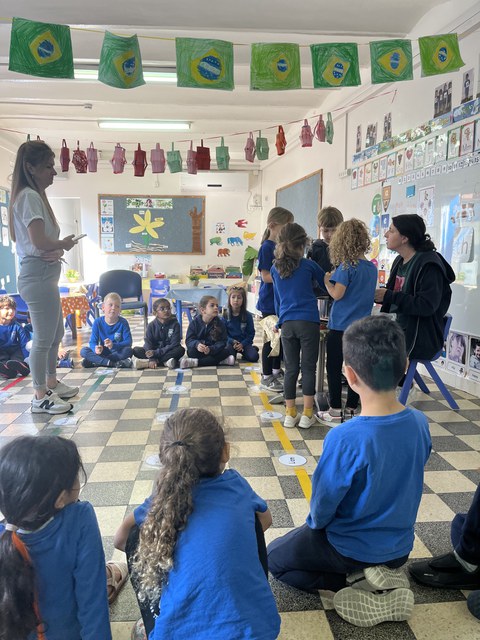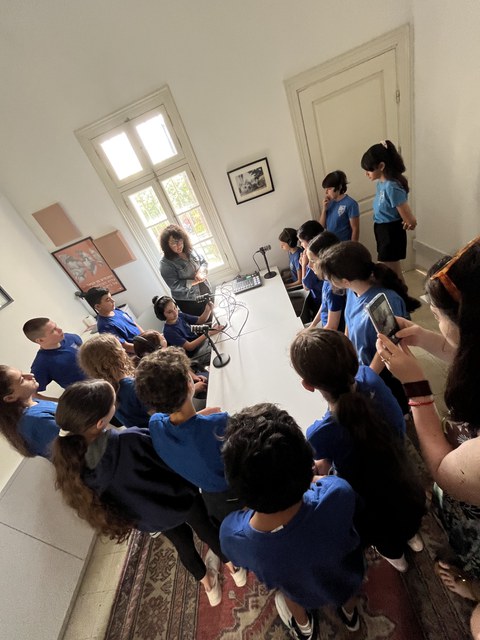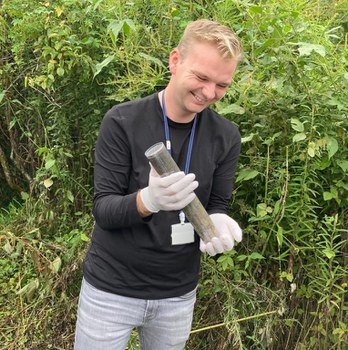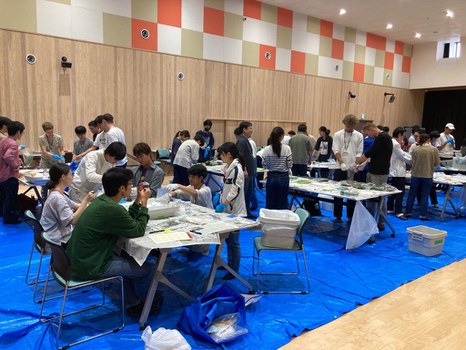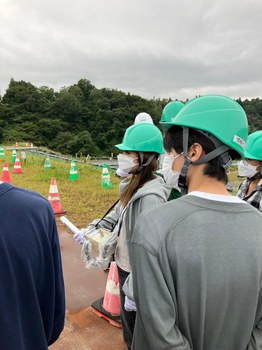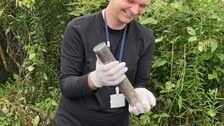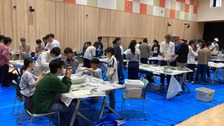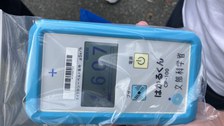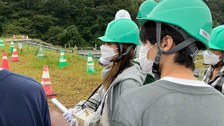Nov 10, 2023
Student teachers gain intercultural experience in Israel and Japan
There are many advantages to studying abroad as part of a teacher training program. Two student teachers from TU Dresden were able to experience these benefits to the full and completed a stay abroad with the help of the ZLSB project IMPRESS in Israel and Japan. This gave them experiences that had a lasting impact on their views and future prospects.
Teacher training abroad as a key to intercultural competence
When studying abroad, students learn to become more independent and self-confident and develop adaptability and communication skills. In addition, student teachers have the opportunity to test their pedagogical skills and teaching methods in a new context during a stay abroad. This can provide them with new perspectives and approaches to teaching that they can later apply in their everyday working life. One of the most important benefits of a stay abroad for student teachers is the development of intercultural competence. When abroad, students have the opportunity to immerse themselves in a completely new culture and environment. This not only promotes an understanding of cultural diversity, but also teaches students how to deal effectively with people from different cultural backgrounds. A skill that is highly valued in a globalized world. Improving intercultural competence is the focus of the IMPRESS project.
Inspiring teaching internship in Tel Aviv
Sanya is studying English, WTH/S and German as a second language to become a secondary school teacher and decided to complete an internship at the ZLSB's partner school, the Tabeetha School Jaffa in Tel Aviv, last summer semester. Her arrival was overshadowed by initial concerns due to the conflicts in the region, but these immediately disappeared after the warm welcome she received.
During her internship at Tabeetha School, Sanya was able to create a flexible timetable and sit in on various classes and subjects according to her interests and Department. Occasionally she taught herself in consultation with the teachers there and learned a lot about behavior and classroom management. She encountered an impressive diversity of languages, with English being the main language of the school. It turned out that everyday school life is more relaxed compared to German schools and the interns are given much more freedom.
"The experiences in Israel, the exchange with international teachers and the local students were more than enriching and have strengthened me in my future role as a teacher. In addition, Israel is one of the most exciting countries I have ever been to and I felt really comfortable and at home after a very short time," says Sanya, looking back on her stay in Tel Aviv.
Educational semester abroad in Japan: first experience of measuring radiation in the Fukushima region
Erik is studying geography and history to become a secondary school teacher and has been spending a semester abroad at Osaka University in Japan since the beginning of October. He recently attended an informative workshop on radiation and its effects in the region around the Fukushima power plant. The Okuma and Futaba venues have only recently become habitable again after being closed due to the reactor accident. The aim of the workshop was not only to convey the scientific basics, but also to shed light on the social, economic and cultural changes in the affected region. The workshop brought together around 150 students from Tokyo and Osaka, including around 30 international participants. The organizers attached great importance to including different fields of study, which led to a stimulating discussion.
"The opportunity to discuss what I had seen with international students gave me the chance to take a different perspective on nuclear energy. Previously, I was convinced that nuclear energy could be a way to reduce our CO2 emissions and serve as a bridging technology. After the discussions with those affected by the nuclear accident and the sight of endless mountains of black sacks full of contaminated soil, my opinion changed 180 degrees," Erik sums up.

